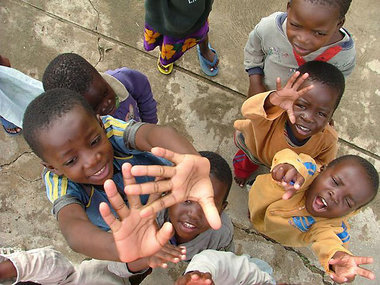We knew a challenge like this was coming weeks before they moved in, the first time we read their adoption dossier, in fact. It was, to say the least, spiritually and emotionally taxing. Dossiers contain the notes of every case manager who has overseen a child’s care (often several individuals, since burnout is common and turnover high). They include a family history as well as reports and evaluations by law enforcement officials and medical experts. All the details are filed away in tidy columns and checklists, and the clinical nature of such documents has a way of sanitizing things, making it easy to overlook phrases like “suspected drug abuse” and “chronic homelessness.” But each phrase is explosive, and the shock waves continue to ripple outwards—even into the lives of people who become a part of their story after the fact. That is certainly true for me.
Raising adopted children can sometimes feel like walking across a minefield. The sun may be shining and the grass verdant, but beneath the surface there are hazards beyond number. Seemingly mundane things—a certain brand of candy, a familiar place, a song on the radio—can trigger memories in our boys, and these recollections must be safely “detonated” through conversation and active listening. There is no skirting these dangerous places; the hurt only grows worse through avoidance. As parents, we have the sacred task of helping them process their loss and come to terms with what they suffered at the hands of those previously charged with their care, people they love and miss despite many grievous failures.
Every story has to have a villain, and in the tale I was weaving, the boys’ birth mom fit the role perfectly.




